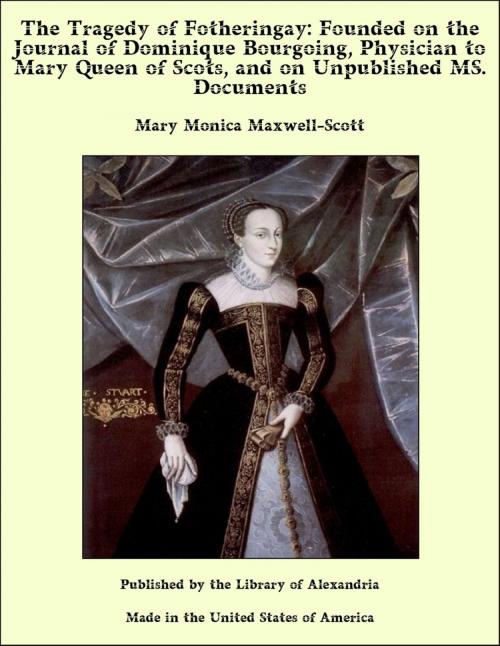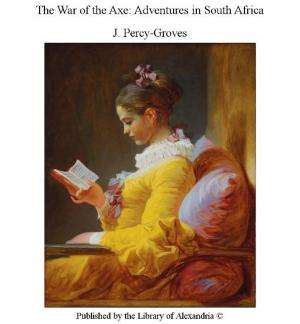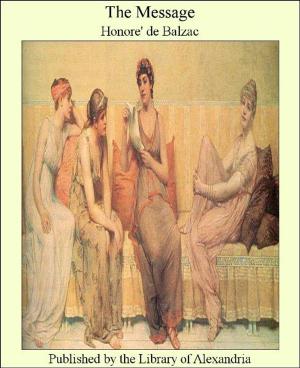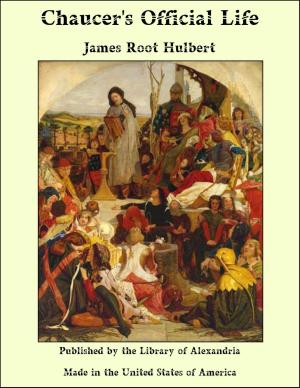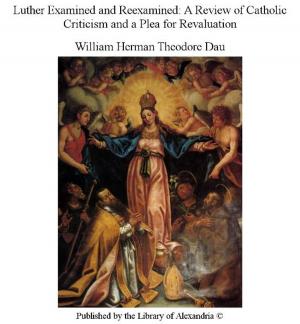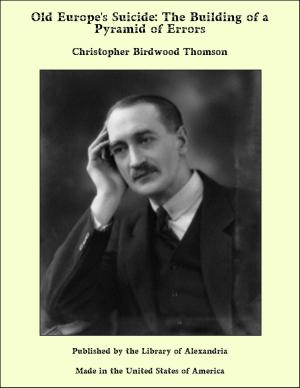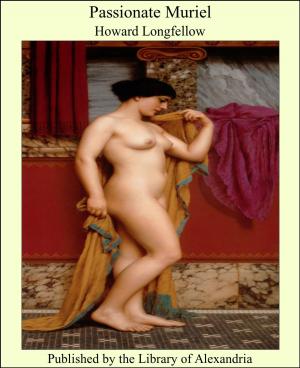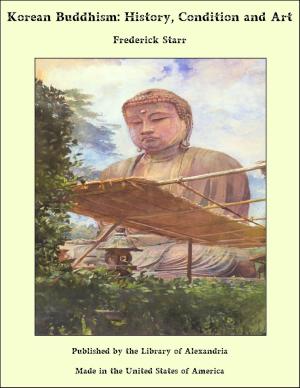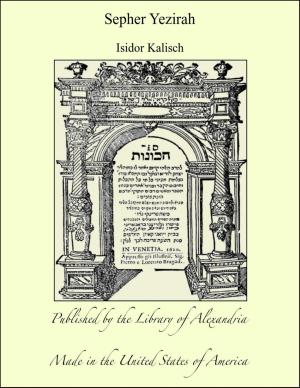The Tragedy of Fotheringay: Founded on the Journal of Dominique Bourgoing, Physician to Mary Queen of Scots, and on Unpublished MS. Documents
Nonfiction, Religion & Spirituality, New Age, History, Fiction & Literature| Author: | Mary Monica Maxwell-Scott | ISBN: | 9781465616098 |
| Publisher: | Library of Alexandria | Publication: | March 8, 2015 |
| Imprint: | Language: | English |
| Author: | Mary Monica Maxwell-Scott |
| ISBN: | 9781465616098 |
| Publisher: | Library of Alexandria |
| Publication: | March 8, 2015 |
| Imprint: | |
| Language: | English |
THREE hundred years have passed since Brantôme wrote these lines, and his prevision has been fully verified. Writers of every opinion—friends and foes—have taken as their theme the life and death of Mary Stuart, and it would now seem as if nothing further could be written on the subject, fascinating though it has proved. Fresh historical matter bringing new evidence, however, comes to light now and then, and the publication in France, some years ago, of such testimony is our excuse for adding a short chapter to the history of Queen Mary. That this evidence relates to her last days and death, is very welcome, for we hold that in Queen Mary's case we may specially apply her own motto, "In my end is my beginning." Her death was the crown and meaning of her long trial, and the beginning of an interest which has continued to the present day. The journal of Queen Mary's last physician, Dominique Bourgoing, published by M. Chantelauze in 1876, which recounts the events of the last seven months of Mary's life, informs us of many details hitherto unknown, while the report of the trial of which Bourgoing was an eye-witness is most valuable and interesting. Taken together with the Letters of Sir Amyas Paulet, which, although written in a very different spirit, agree in the main with Bourgoing's narrative, the journal presents us with a complete picture of the daily life of the captive Queen and the inmates of Fotheringay. In the preface to his valuable book M. Chantelauze tells us of his happy acquisition of the manuscript copy of Bourgoing's journal at Cluny, discusses the proofs of its authenticity, and refers us to the passage in Queen Mary's last letter to Pope Sixtus V., which we must consider as Bourgoing's "credentials." "Vous aurez," writes Mary, "le vrai récit de la fasson de ma dernière prise, et toutes les procédures contre moy et par moy, affin qu'entendant la vérité, les calumnies que les ennemys de l'Eglise me vouedront imposer puissent estre par vous réfutées et la vérité connue: et à cet effet ai-je vers vous envoyé ce porteur, requérant pour la fin votre sainte bénédiction."
THREE hundred years have passed since Brantôme wrote these lines, and his prevision has been fully verified. Writers of every opinion—friends and foes—have taken as their theme the life and death of Mary Stuart, and it would now seem as if nothing further could be written on the subject, fascinating though it has proved. Fresh historical matter bringing new evidence, however, comes to light now and then, and the publication in France, some years ago, of such testimony is our excuse for adding a short chapter to the history of Queen Mary. That this evidence relates to her last days and death, is very welcome, for we hold that in Queen Mary's case we may specially apply her own motto, "In my end is my beginning." Her death was the crown and meaning of her long trial, and the beginning of an interest which has continued to the present day. The journal of Queen Mary's last physician, Dominique Bourgoing, published by M. Chantelauze in 1876, which recounts the events of the last seven months of Mary's life, informs us of many details hitherto unknown, while the report of the trial of which Bourgoing was an eye-witness is most valuable and interesting. Taken together with the Letters of Sir Amyas Paulet, which, although written in a very different spirit, agree in the main with Bourgoing's narrative, the journal presents us with a complete picture of the daily life of the captive Queen and the inmates of Fotheringay. In the preface to his valuable book M. Chantelauze tells us of his happy acquisition of the manuscript copy of Bourgoing's journal at Cluny, discusses the proofs of its authenticity, and refers us to the passage in Queen Mary's last letter to Pope Sixtus V., which we must consider as Bourgoing's "credentials." "Vous aurez," writes Mary, "le vrai récit de la fasson de ma dernière prise, et toutes les procédures contre moy et par moy, affin qu'entendant la vérité, les calumnies que les ennemys de l'Eglise me vouedront imposer puissent estre par vous réfutées et la vérité connue: et à cet effet ai-je vers vous envoyé ce porteur, requérant pour la fin votre sainte bénédiction."
